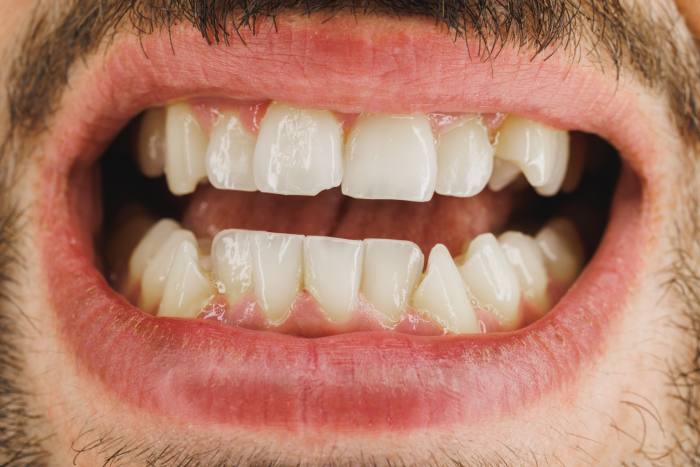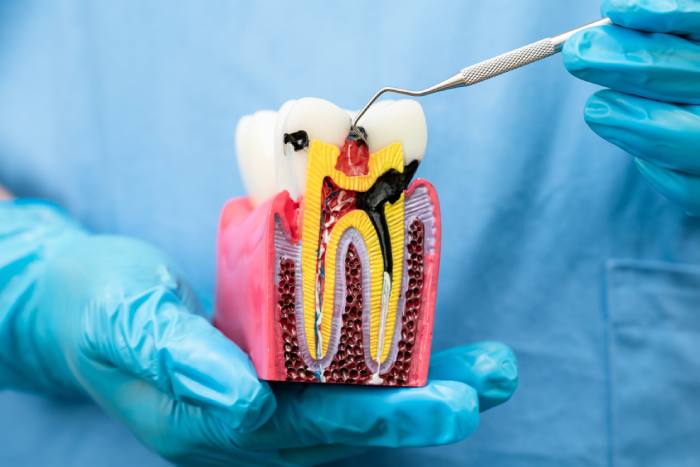Dental visits can be intimidating for children, and addressing this anxiety is essential for their long-term oral health. Early positive experiences set the stage for a lifetime of healthy dental habits. With the right strategies, dental visits can be a comfortable, even enjoyable experience for young patients. Here, we’ll explore the causes of pediatric dental anxiety and practical techniques to help children feel at ease when visiting the dentist.
Understanding Pediatric Dental Anxiety
Dental anxiety is common among children and can develop for various reasons. According to the American Academy of Pediatric Dentistry, nearly 20 percent of children experience some form of dental anxiety, which can influence their willingness to attend appointments. Anxiety in children can stem from the fear of pain, the unfamiliar environment, or even stories they’ve heard from others.
Why Addressing Dental Anxiety Early Is Important
Early dental experiences shape how a child views oral care in the long term. If anxiety is left unaddressed, it can lead to avoidance of dental visits, which, over time, may result in neglected oral health and more complicated dental issues. The American Dental Association highlights that children who feel at ease with dental visits are more likely to maintain good oral hygiene habits as they grow. Thus, making dental appointments a stress-free experience is key to fostering these habits.
Strategies to Help Children Feel Comfortable During Dental Visits
Understanding how to ease a child’s anxiety can help create a positive experience. Each child is unique, and while some respond well to simple explanations, others may need more engaging strategies to feel at ease.
Introducing Dental Care at an Early Age
Starting dental visits early helps children become accustomed to the environment and develop a routine. The American Academy of Pediatric Dentistry recommends that children visit a dentist by their first birthday or within six months of their first tooth emerging. Early visits focus on education and prevention, helping children familiarize themselves with the dental office before any significant procedures are needed. By establishing a routine, children are more likely to view dental visits as a normal part of life, not a source of anxiety.
Encouraging Positive Reinforcement
Positive reinforcement is a powerful tool in reducing dental anxiety. Praising children for their bravery or cooperation during an appointment reinforces a positive association with dental care. Small rewards like a sticker, an extra bedtime story, or a trip to the park after an appointment can encourage a child to view dental visits as rewarding. When a child feels that their effort is recognized, they are more likely to feel encouraged rather than anxious.
Involving Parents in the Process
A parent’s attitude toward dental care significantly influences how a child perceives dental visits. Children often mirror the behaviors of their parents, so when parents exhibit calm and positive attitudes, children tend to adopt a similar perspective. Preparing a child by reading books about dental visits or watching short, age-appropriate videos can also demystify the experience. Children often feel more confident when they know what to expect.
For parents seeking additional resources to make dental visits easier, Ames Dentistry provides detailed information and strategies to ensure a supportive environment for young patients, making each visit a little less daunting.
Effective Communication and Education Techniques
Children are naturally curious, and explaining dental procedures in a simple, non-threatening manner can alleviate much of their anxiety. Dentists often use the “tell-show-do” technique, where they first explain what will happen in words a child can understand, then demonstrate with safe tools or on their own hands, and finally perform the procedure. This step-by-step approach gives children a sense of control, helping them understand that nothing scary is happening.
Creating a Welcoming Environment
The atmosphere of the dental office plays a major role in reducing anxiety. Pediatric dental offices often use bright colors, murals, and play areas to create a welcoming space that feels inviting rather than clinical. Some offices have TVs with cartoons or music, helping children focus on something enjoyable during their appointment. These small details can make a significant difference, as a child-friendly environment makes the dentist’s office feel like a place for fun rather than fear.
Relaxation Techniques for Kids
Introducing relaxation techniques like deep breathing or guided visualization can help children manage anxiety. Before a visit, practice these techniques at home so the child feels familiar with them. During the appointment, encouraging a child to take deep breaths or imagine a favorite place can help them stay calm. Teaching these skills early gives children tools they can rely on, not only during dental visits but in any situation where they may feel anxious.
The Role of Pediatric Dentists in Managing Dental Anxiety
Pediatric dentists are specially trained to handle the unique needs of young patients, and their approach can make a huge difference in reducing dental anxiety. Techniques such as positive reinforcement, distraction, and age-appropriate explanations are standard in pediatric dental practices. Choosing a dentist experienced in pediatric care can help ensure that your child has a positive, comfortable experience.
Behavior Management Techniques
Pediatric dentists use a range of behavior management techniques to create a stress-free experience. One common method is distraction, which may involve asking children questions about their interests or hobbies, helping them focus on something other than the dental procedure. Another approach is providing positive reinforcement through praise, helping children feel proud of their cooperation and bravery.
When Sedation May Be Necessary
For children with severe anxiety or those who need extensive dental work, sedation may be considered as a last resort. Options like nitrous oxide, commonly known as laughing gas, can help children relax without fully putting them to sleep. In more complex cases, moderate sedation or general anesthesia may be required, always under strict supervision. It’s important for parents to discuss these options thoroughly with the dentist, considering both the risks and benefits.
Encouraging Long-Term Oral Health in Anxious Young Patients
Addressing dental anxiety early not only makes visits easier but also helps establish positive oral health habits that last a lifetime. Children who feel comfortable at the dentist are more likely to practice good hygiene and maintain regular check-ups into adulthood, reducing the risk of major dental issues.
Regular Check-Ups and Consistent Routines
Routine dental visits provide opportunities for children to develop a positive relationship with their dentist. Children who attend regular check-ups are more likely to perceive dental visits as a normal and necessary part of life, rather than something to fear. Consistency in appointments, combined with daily brushing and flossing at home, sets a strong foundation for lifelong oral health.
Empowering Children with Knowledge
Educating children about the importance of oral health in an age-appropriate way empowers them to take an active role in their dental care. Children who understand why brushing, flossing, and regular check-ups are important are more likely to take pride in maintaining their oral health. This education can be reinforced through fun activities like using a timer for brushing or choosing their own toothbrush.
Conclusion
Addressing pediatric dental anxiety is an investment in a child’s future oral health. With the right strategies, dental visits can become a positive and routine experience. By introducing dental care early, reinforcing positive behavior, involving parents, and creating a child-friendly environment, children are more likely to feel comfortable and secure during appointments.
If you’re looking for a compassionate approach to general dentistry for your child, Ames Dentistry provides specialized care that prioritizes the comfort and well-being of young patients. Their team of professionals is dedicated to making dental visits enjoyable and stress-free, laying the foundation for a lifetime of healthy smiles.
For further reading on managing children’s dental anxiety, the American Academy of Pediatric Dentistry offers resources and tips to help parents and caregivers support children in their oral health journey. Through a collaborative approach between parents and dental professionals, children can overcome anxiety and embrace dental care as an important part of a healthy lifestyle.








